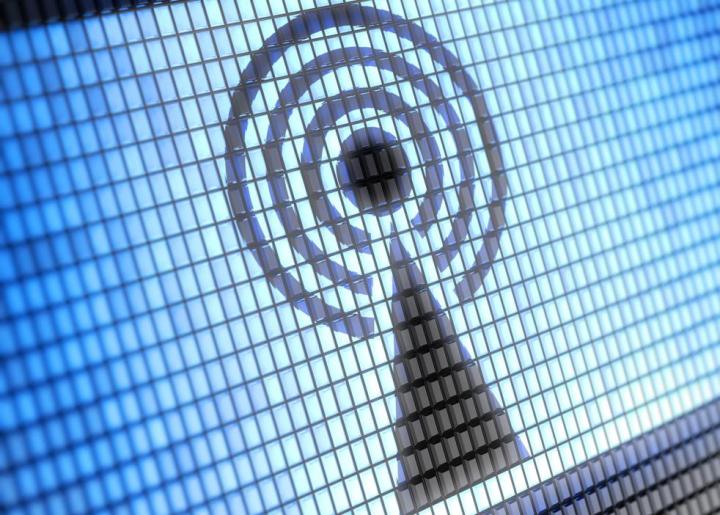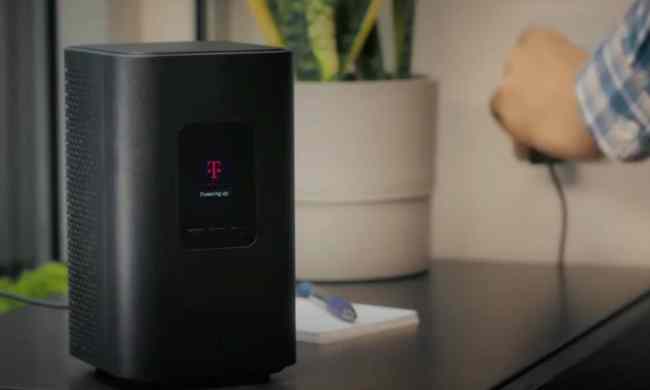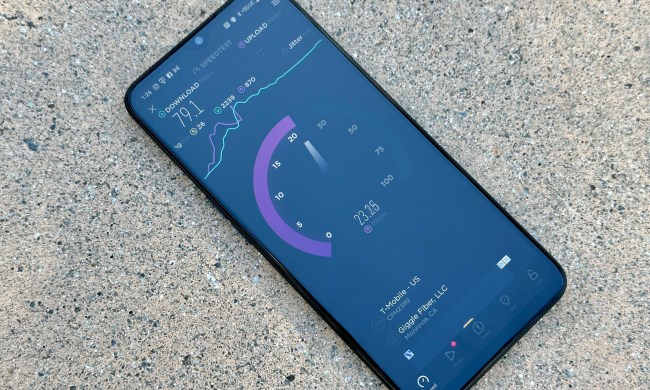
The contract is the first of its kind for Nokia’s new 5G equipment, which is based on New Radio standards. The specifications for NR were only finalized in December of last year.
The current terms of the deal suggest that DoCoMo will have 5G service available in Tokyo in time for the 2020 Olympics. Once
Regardless of those initial limitations, Nokia has said that it believes this deal is a “major milestone” in the development of 5G technology.
“Together we have worked hard in recent months to commence preparations for NTT DOCOMO’s eventual launch of its operational 5G service by 2020, which we have now set in motion by this very exciting announcement today,” said Nokia’s Marc Rouanne.
Nokia and DoCoMo have been collaborating for some time now. The Finland-based tech company was one of the DoCoMo’s major suppliers during the 3G and 4G eras. Since 2014, the two companies have been working together on the development of 5G technology. The new data networks are expected to provide a number of benefits to consumers such as faster speeds and better data capacity.
In addition to the aforementioned benefits, DoCoMo is expecting to use its 5G networks to provide better services for self-driving cars, smart homes, and the business sector.
The financial side of the deal has not been disclosed by either Nokia or DoCoMo, so we don’t know how much each company is paying for this partnership.
In addition to DoCoMo, numerous American telecom providers have also seriously started work on the development of 5G networks. The future of wireless data is closer now than ever, but there are still plenty of questions to be answered. Luckily, we’ve got those covered in our guide to 5G, so check it out if you need more information.


